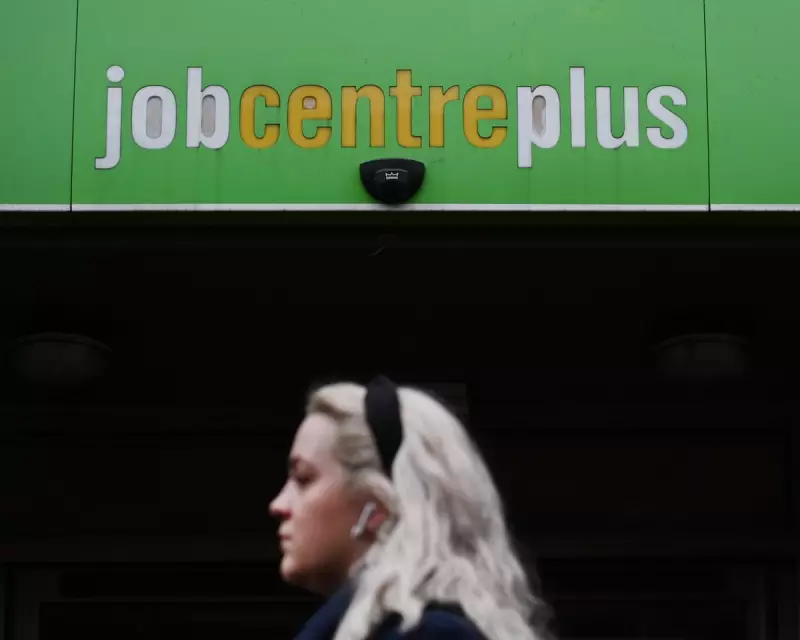
Young people across Britain are facing a devastating employment crisis, with under-25s bearing the brunt of the country's worsening job market according to recent analysis.
The Stark Numbers Behind the Crisis
Guardian analysis reveals that almost half of all jobs lost since Labour came to power were among the under-25s, with youth unemployment now running at 15.3%. This represents the highest level outside the COVID-19 pandemic since 2015, creating what many are calling a 'lost generation' of workers.
The situation affects both graduates and school leavers, with young people reporting that the battle to find work has become harder than ever before. The competitive landscape has been intensified by new challenges including AI recruitment filters and employers demanding unrealistic experience levels for entry-level positions.
Graduate Stories: Dreams Deferred
Leah Savage, 24, embodies the frustration felt by many qualified young people. Despite holding a first-class honours degree in marketing management and completing a one-year internship at Amazon, she has managed only two interviews from nearly 100 applications over six months of job hunting.
"It's so demoralising. All I do is wake up and apply for jobs," Savage explains. "I can't help but think what the point is of my degree that I spent four years working hard for, while balancing part-time work, if that isn't enough to even get me a foot in the door?"
The challenges extend beyond graduates. Lee, an 18-year-old from Manchester who has been searching for work for four months after completing her A-levels, finds the market "a waste of time and very depressing." Despite being multilingual and speaking three languages, she struggles to even secure interviews.
The Experience Catch-22
Miranda Alford, 22, describes the entry-level job market as a "complete desert" that her university degree didn't prepare her for. Although fortunate to secure a temporary receptionist role, her contract ends next month, forcing her back into the dispiriting job hunt.
"Entry-level jobs want multiple years of experience in that sector, for minimum pay, so it is very much a catch-22," Alford notes. "None of my friends who've graduated have found a job that pays well and they're happy in, and a lot of them are unemployed and still looking."
Some graduates have resorted to desperate measures. David Weston, 23 from Chesterfield, removed his politics degree from his CV to secure a warehouse shelf-stacking position after six months and more than 200 applications.
The crisis is forcing many young people to question the value of their degrees and hard work, with the reality of the job market falling far short of expectations built throughout their education.





